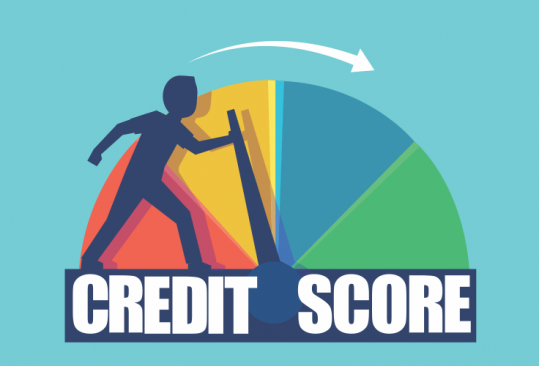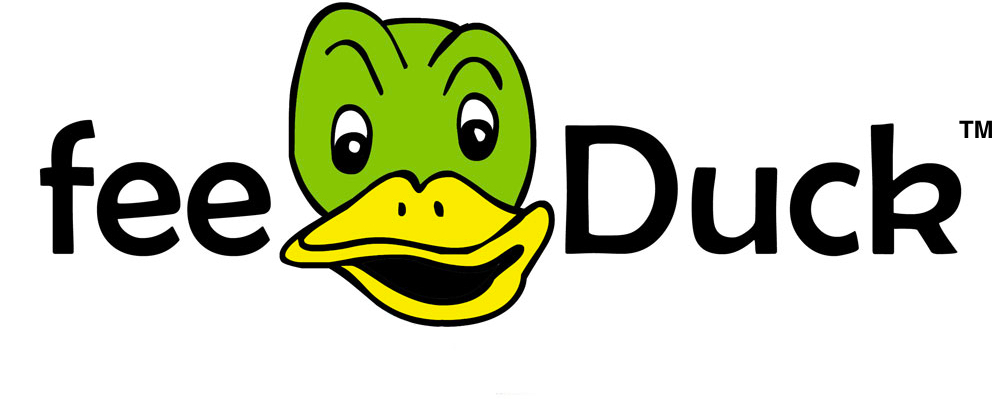Credit Scores 101: Understanding That All-Important Number Lenders Care So Much About

Lenders look at four main factors when approving you for a mortgage: your income, down payment, the property itself and your credit (debt). You could have a great income, sizable down payment and the property could be in great condition, but if your credit score is on the low side it could limit your ability to shop for a mortgage. In this article I’ll give you a crash course on credit scores to help you maintain and improve yours.
What is Your Credit Score?
Your credit score is a three digit number assigned to you by the credit reporting agencies Equifax and Transunion. It tells lenders how creditworthy you are. Most credit scores fall somewhere between 300 and 900. The higher your credit score, the better. To get a mortgage with the most favourable terms, most lenders require a credit score above 680.
If you go directly to Equifax and Transunion there will be a cost for obtaining your credit score. However, if you go to a mortgage broker, with your permission he can obtain your credit score for free. It’s a good idea to get your credit score from a mortgage broker ahead of when you’re shopping for a home. That way if there are any issues, they can be resolved well in advance of when you’re ready to make an offer on a property.
Understanding Your Credit Score
There are five main factors that impact your credit score. Let’s look at each of them right now.
- Payment History
Your payment history is simply how good you are at making your payments on time. If you’ve made a payment 30 days late once or twice in the last year, it probably won’t be an issue, but if you regularly make payments late, then that could be an issue. Likewise, if any debts have been written off or sent to collections, that’s likely to hinder your ability to get a mortgage. The bottom line is always make your payments on time. If you can’t afford to make the full payment, at least make the minimum payment by the due date.
- Available Credit
Your available credit or credit utilization is how much of your credit limit you’re using. Lenders want a borrower who uses credit responsibly. Ideally, they’re looking for someone using less than 35 percent of their available credit. Using any more than that tends to make lenders nervous and it will likely reflect it in your credit score. For that reason, always keep an eye on your balance versus your credit limit and make sure it doesn’t go over 35 percent of your available credit.
- Number of Credit Inquiries
Try to limit the number of credit inquiries. If you have a lot of credit inquiries over the last few months, it tends to make lenders nervous and lowers your credit score. Applying for a lot of credit in a short timespan could indicate to lenders that you keep getting turned down for credit. That’s not a good message to send to lenders, especially when you’re applying for a mortgage. That’s why you should apply for credit sparingly, only when you need to.
A major benefit of working with a mortgage broker is that a broker only has to pull your credit score once protecting your credit score, unlike the banks that pull it every single time you apply.
- Credit History Length
Lenders want to see you have a long history of using credit responsibly. Ideally, lenders want you to have two forms of credit, open at least two years with a credit limit of at least $2,000 (referred to as the 2-2-2 rule). For that reason, if you’re planning to apply for a mortgage, it’s a good idea to establish a credit history ahead of time. Again, a mortgage broker can help you work on your credit if it’s an issue.
- Credit Mix
Lastly, lenders want to see you have a mix of credit. Having just one credit type can hurt your credit score. If instead of just having credit cards you have credit cards and a line of credit, it can help your credit score. Just don’t apply for credit that you don’t truly need and if you apply for new credit, use it responsibly.
Written by Sean Cooper
Sean Cooper is the bestselling author of the book, Burn Your Mortgage: The Simple, Powerful Path to Financial Freedom for Canadians. He bought his first house when he was only 27 in Toronto and paid off his mortgage in just 3 years by age 30. Sean’s helping others with their mortgages as an independent mortgage broker. Get in touch with him for all your mortgage needs. For a free mortgage consultation, email Sean@BurnYourMortgage.ca or call 647–867–3711.
